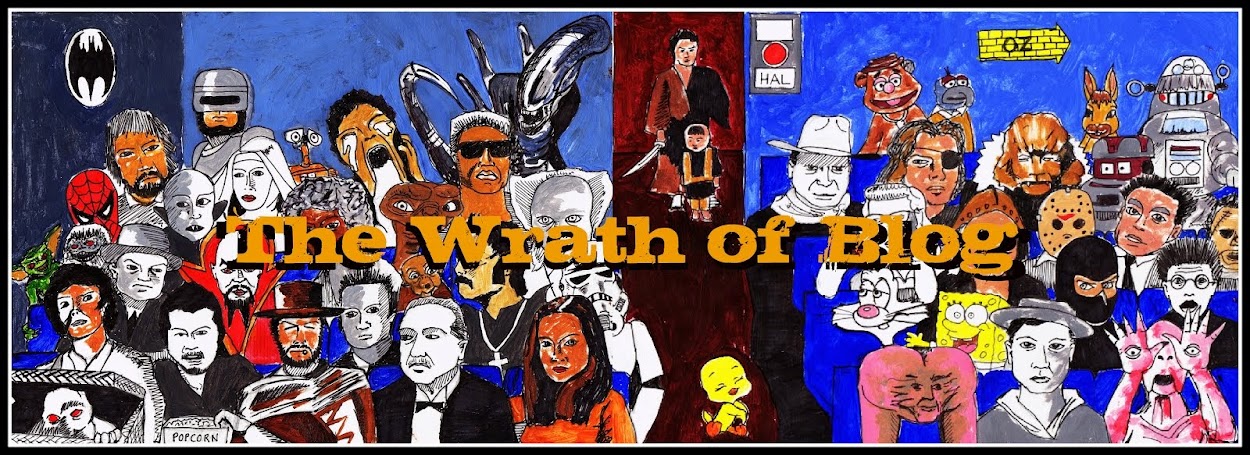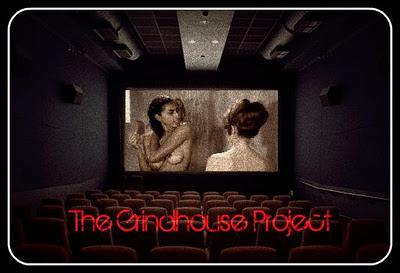 This was another one of those films that somehow made it onto my video shelf when I was young. I don't recall how it got there or who bought it for me, but it was there, and therefore earns its place in the Childhood Memories Project. It came flooding back to me when I re-watched it. But I also remember that, as a child, I could only make it through the first hour, and that I always got too bored to watch the entire film. Well maybe I was a silly child with the attention span of an ant, but in all honesty, this film is a bit of a bore. And a sickening one at that.
This was another one of those films that somehow made it onto my video shelf when I was young. I don't recall how it got there or who bought it for me, but it was there, and therefore earns its place in the Childhood Memories Project. It came flooding back to me when I re-watched it. But I also remember that, as a child, I could only make it through the first hour, and that I always got too bored to watch the entire film. Well maybe I was a silly child with the attention span of an ant, but in all honesty, this film is a bit of a bore. And a sickening one at that.D.A.R.Y.L. is so American and so suburban, I felt like I was being wrapped up in blankets and fed ice-cream until I was vomiting in all directions. Everything is just so idyllic and perfect - the eternal brown autumn leaves, the large multi-bedroomed white houses, the perfect best-friend couple, the father who trained Little League - I couldn't believe it when Steve Martin didn't pop out wearing a checked shirt neatly tucked into his jeans. It looks like a wonderful place to live, but the fact that it doesn't fucking exist just got on my nerves. It's escapist cinema at its most subliminal - American family films do it so matter-of-factly that we just accept it.
Anywho, the film itself isn't actually that bad. American family drama of the 80's seemed very much fascinated with science-fiction elements (a la Flight of the Navigator (1986)). It's actually quite nice to see what is really a children's film put so much emphasis on drama. Maybe it's because I see so much wank vomited up for the young 'uns these days that can't go two minutes without having a CGI spunk stain (to quote Marc) spattered across the screen, or having some vile, X-Factor inspired 'song' blurted out by some mop-haired, talentless twat such as Justin Bieber. I'm getting off the film again, sorry.
It's not as boring as I remember, nor is it all that good. And although it all goes a little Flight of the Navigator at the end, it remains entertaining throughout. It's like a superior TV movie with a slightly better budget than normal. It is sentimental, soppy, and full of middle-class bullshit, but it's also funny, and quite involving.
Directed by: Simon Wincer
Starring: Barret Oliver, Mary Beth Hurt, Michael McKean
Country: UK/USA
Rating: ***
Tom Gillespie






















